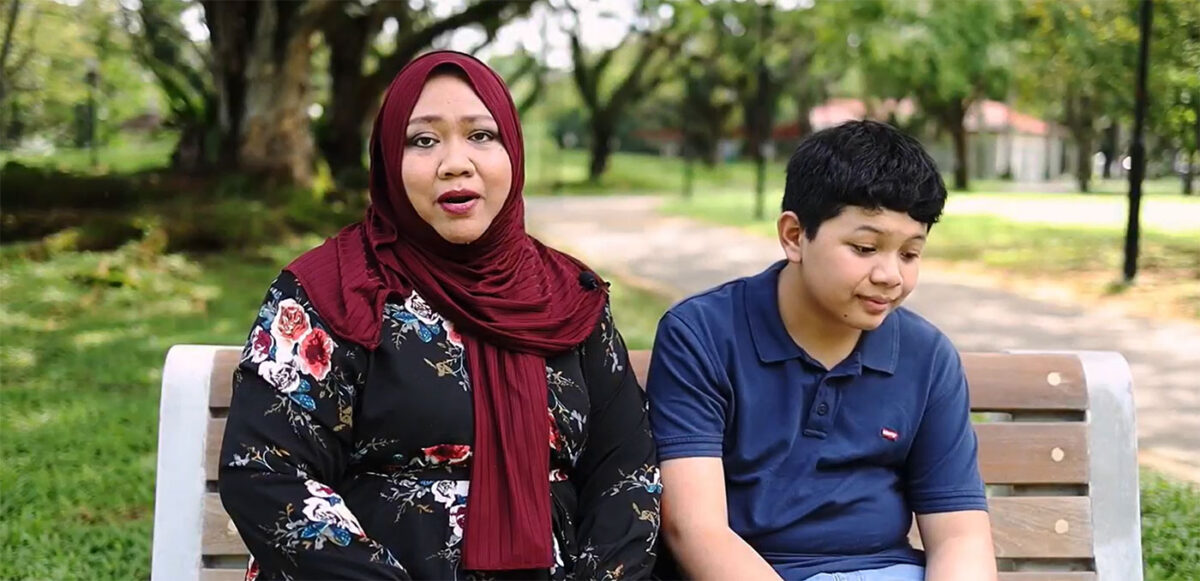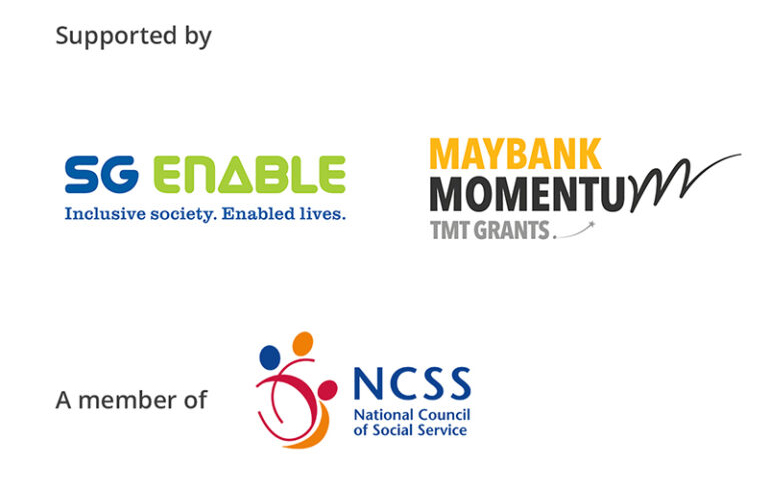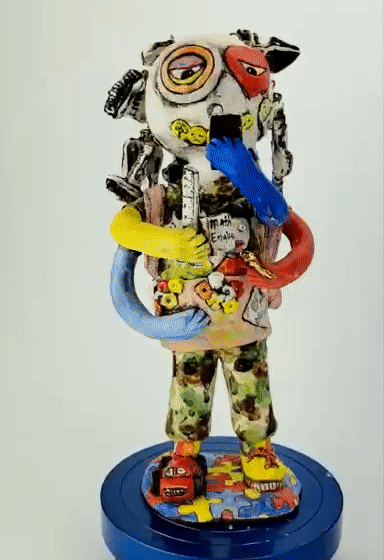How Do Special Needs Caregivers Survive and Thrive?
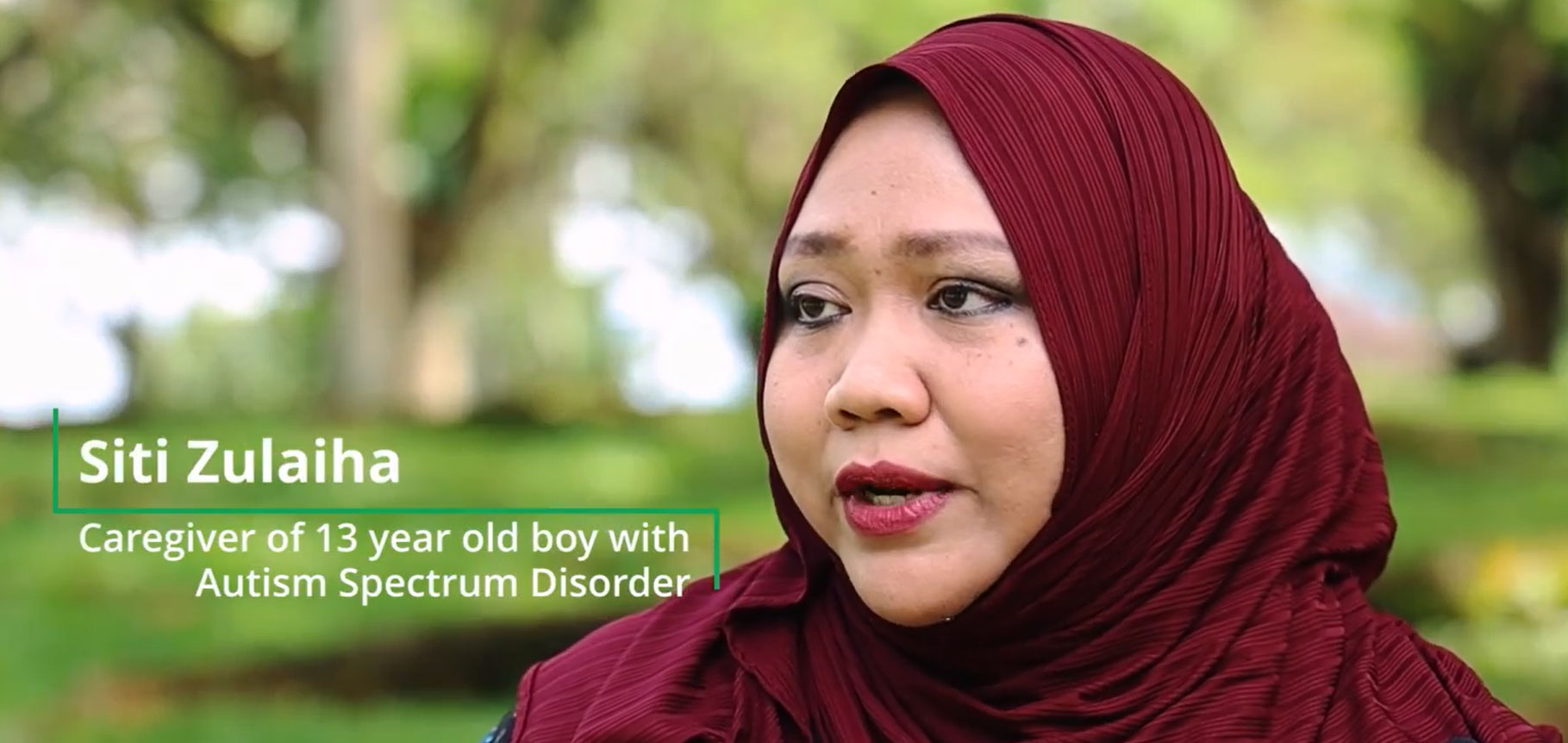
Caregiver support groups play a critical role for special needs caregivers by providing us with the networks and resources we need. Every group was set up by a founder (or group of founders) who put in much time, heart and soul into creating safe spaces for fellow caregivers to converse.
When Siti Zulaiha’s son Nafiz was first diagnosed with autism in 2010, she was working as a nurse in an international school where her colleagues helped her with useful materials on autism. In addition, she also had prior experience as a Head Nurse in a residential home for the special needs. Her skills, experience and networks enabled her to access resources to help Nafiz.
Siti looked around for caregiver support groups, but could not find any specifically for Muslims, and wondered where all the Muslim voices were. After she decided to start a private Singapore Muslim Autism Support Group for Muslim caregivers whose children had autism, more Muslim caregivers got in touch with her via word of mouth to join the group.
She realised that many Muslim caregivers hid their child’s condition from the public (and even from other family members), with no one to turn to. It was only because she had started a private group, that these caregivers emerged from their place of loneliness.
With a safe space to share their thoughts and feelings with other caregivers, the Singapore Muslim Autism Support Group has since grown to 300 members. Siti also decided to start a public Facebook group for Muslim caregivers looking after dependents with any type of special needs which now has over a thousand members.
As the groups primarily focus on emotional support and personal sharing, caregivers often reveal not only their concerns, but also feel confident enough to share their successes.
For example, there was a thread where caregivers shared how they used affordable DIY tricks to transform their wall, room or even entire house to accommodate the learning needs of their special needs dependent, resembling a colourful therapy centre or indoor playground.
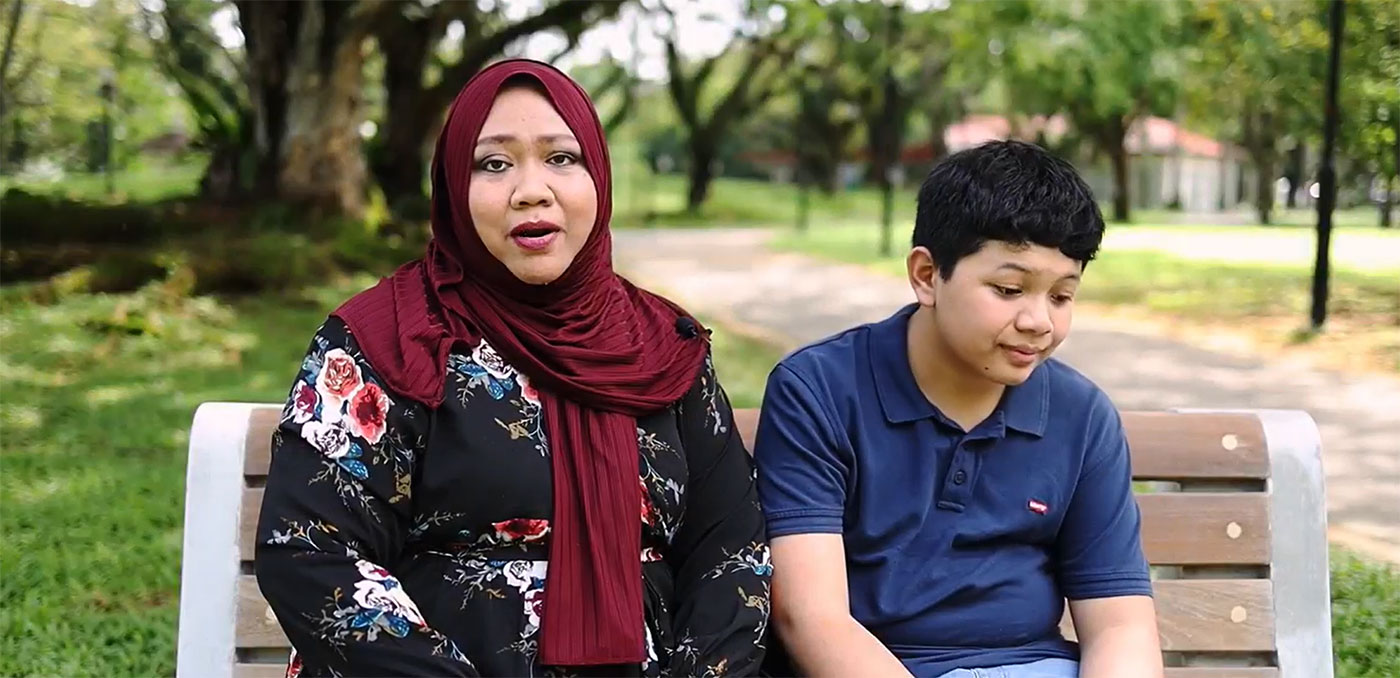
Siti also shared an amazing testimonial of a mum who could not speak English as she only had a Primary Five education. Through diligently learning English together with her special needs son as he progressed through his education, this mum even decided to set up her own salon!
With Siti’s support groups as two of various special needs support groups in Singapore, caregivers have more avenues to seek emotional support and learn from one another to thrive.
About Siti Zulaiha, Singapore Muslim Special Needs Support Group, and Singapore Muslim Autism Support Group:
Siti Zulaiha is a special mum to four boys. Her third boy, Nafiz, was diagnosed with autism in 2010. Besides setting up the two caregiver support groups mentioned in this article, she actively writes to MPs to lobby for caregivers and their dependents to have better access to services, such as reducing the waiting list for EIPIC, and helping special needs children transition better after pre-school.
She currently runs two support groups:
- Singapore Muslim Special Needs Support Group: a Facebook group for Muslims with special needs dependents
- Singapore Muslim Autism Support Group: a private Facebook group for Muslims with autistic dependents
To be updated on CaringSG’s latest events and join your preferred caregiver support groups in our CaringSG Alliance Network (CAN), sign up as a CaringSG member and let us know your preference!
Other Updates
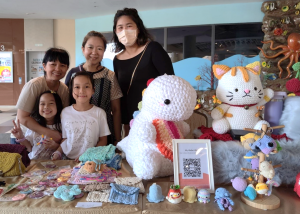
CAREcottage Feature – Crochet With Love: A Crochet Interest Group
Crochet With Love is a crochet group for caregivers to crochet on a regular basis for respite care and charity.
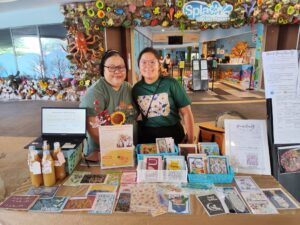
CAREcottage Feature – YoungStarSG: Handcrafted Cards and Orange Enzyme Cleaners
YoungStarSG is a ground up initiative that helps youths/adults with autism to work from home, as a form of purposeful engagement and to earn an income.

CAREcottage Feature – Crochet_Connectz: Handmade Crochet Gifts
Hi, I’m Ling, a full-time caregiver and owner of Crochet_Connectz, an inclusive microbusiness that sells crochet, amigurumi and handcrafted gifts.
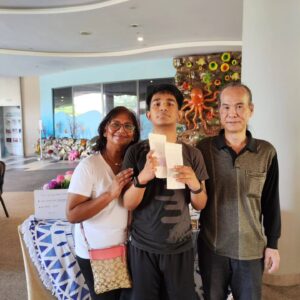
CAREcottage Feature – ausomesuds_sg: Shower Steamers
Punitha started ausomesuds_sg to engage Michael, her autistic son, functionally during his free time and allow him to earn pocket money.
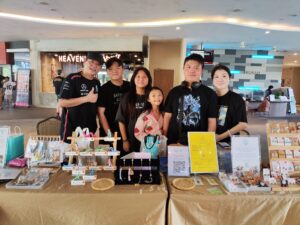
CAREcottage Feature – The Shy Crafter: Polymer Clay Crafts
The Shy Crafter was inspired by caregiver Shylyn’s son, Isaac, who was diagnosed with ASD (autism spectrum disorder) since he was 6 years old

CaringSG Seminar – Preparing for National Service (NS) for Enlistees with Special Needs on 17 Mar 2024
2023 was an amazing year of growth for CaringSG and the community we serve. Here’s a snapshot of the exciting programmes and events that caregivers and families benefited from in the past year!

